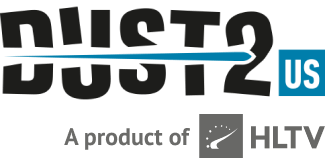
YEKINDAR to Liquid (permanently) might be a pipedream
It's no secret that the hottest player on the market is available, but to whom he is available is an entirely different question. Due to Russia's unprovoked war against the Ukrainian people, the United States and European Union enacted several sanctions against the Russian government and its oligarchs. Among those sanctions, which Dust2.us detailed out in a lengthy article earlier this year, esports organization Virtus.pro was included, causing tournament organizers to limit their imagery in official events.
Virtus.pro are owned by ESFORCE, who are wholly owned by VK, formerly Mail.ru Group. VK's controlling owner is MegaFon Technology, a business partnership between Insurance company Sogaz, Oil company Gazprom and Defence company Rostec. All three have been the target of sanctions from the US and EU in recent months. With Virtus.pro subject to these sanctions, they are unable to conduct business with any company that is based in the European Union or the United States, of which Liquid is with its LA and Netherlands-based operations.
Many have pointed to Cloud9's acquisition of the Gambit roster as a roadmap for how YEKINDAR could move to the North American team. For those unaware, Cloud9 recently acquired the Russian-based roster via third-party transaction just before the PGL Antwerp Major. According to the Sports Business Journal, the deal was a negotiation between Cloud9 and Norwegian-based Ulti Agency. “The Ulti Agency acquired the rights of these players and brought us this exciting opportunity,” said Jack Etienne, CEO and founder of Cloud9 in an email to the Sports Business Journal. “They were pivotal in negotiating agreements with the players that everyone was happy with.”
It was not clear at what point that Ulti Agency had acquired the players from Russian telecommunication company MTS-owned Gambit Esports, and it was not exactly clear if Norway-based Ulti Agency was under any sort of restrictions. Norway, notably, is not part of the EU. It is, however part of the Schengen Area, EEA, and EFTA, which all relate to the free movement of goods, people, and services. The difference is that the sanctions the EU imposed were not the same ones imposed by Norway, allowing them to operate freely. With Norway now falling more in line with the EU, a trusted third-party agency like Ulti seems a bit out of reach. So what now for Liquid's army of lawyers?
Well, the answer isn't so clear. The legal ambiguity of how to conduct a straightforward business deal with a company sanctioned by the EU and the US is almost impossible. The Cloud9 deal at least wasn't so quid-pro-quo, as Ulti had already acquired the Russians before the negotiations started with the NA-based organization. So yes, while the money eventually went to a company that is probably under some sort of sanctions, it also didn't officially through Cloud9. With Virtus.pro, it's just not possible at this stage. The publicity is also an issue - it's now well known that Liquid want the young Latvian, but exactly how will they be able to do it? Surely any transaction done now will have to be completely by the book.
All of this is to say that it is increasingly unlikely that YEKINDAR will ever make it to Liquid as a permanent player. The number of legal hurdles the organization will have to jump through to make this possible seem unlikely. The only way that this could end is if YEKINDAR somehow frees himself of his own contract and is able to sign with Liquid without Liquid ever transferring money to the Russian organization. The only reason that YEKINDAR was able to get his shot with Liquid in IEM Cologne was Virtus.pro agreeing to let him stand in for free, and that was without Liquid communicating that need at all. So far, Liquid can only play with YEKINDAR in this event - expectations of anything more are not on the horizon.
Also read





























